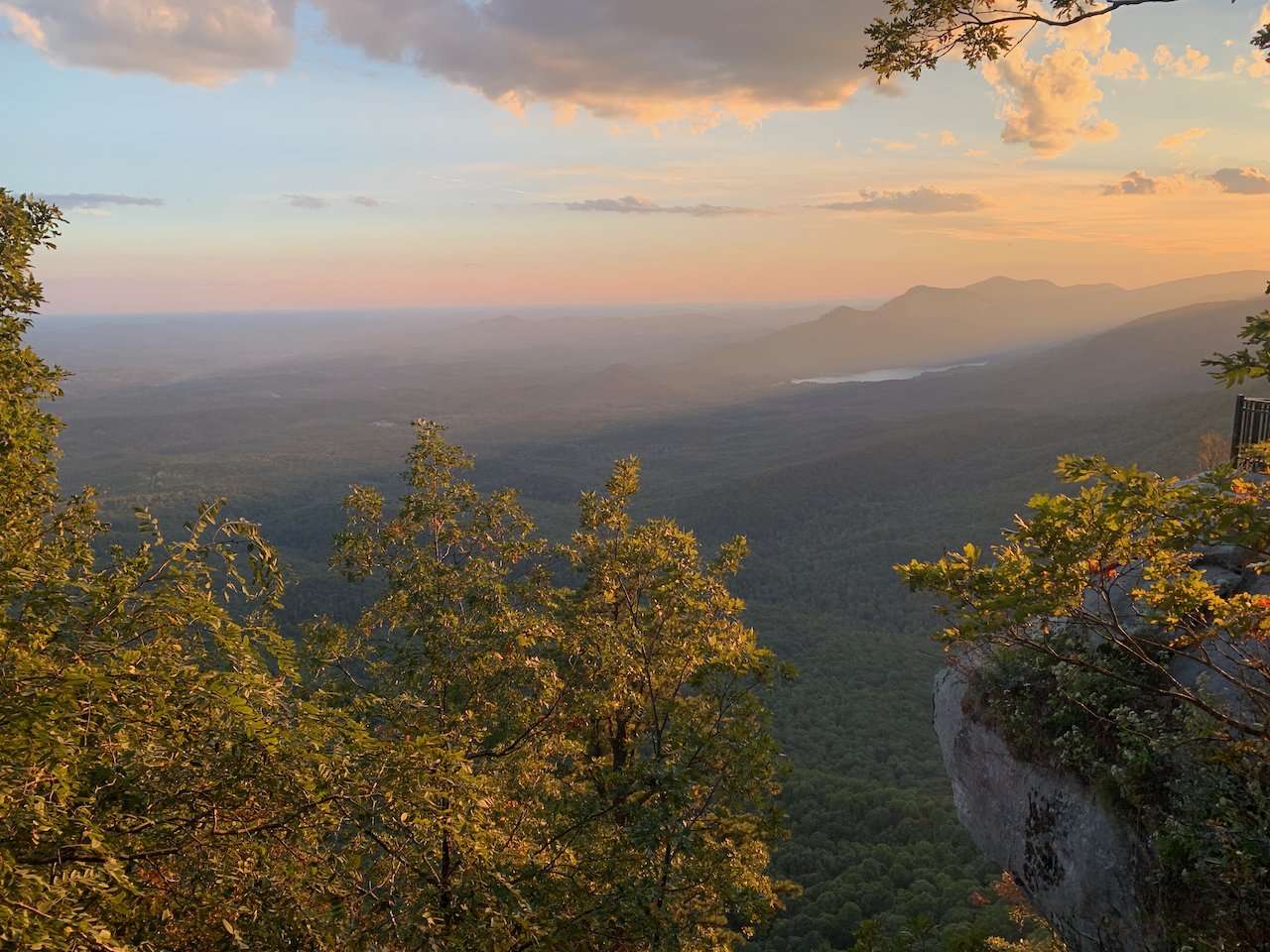
South Carolina Natural History
What’s included
South Carolina Natural History Primer
I’m proud to partner with Clemson University to offer this course. The Clemson Online course, "A South Carolina Natural History Primer," is comprised of 35 video lectures, each approximately one-half hour in length. It is intended to give you an introduction to nature with references to South Carolina. "A South Carolina Natural History Primer" is an asynchronous course (on your own schedule), entirely online, and with no interaction with the instructor. The course is open to anyone.
The course is divided into four sections. Section one lays the foundation for natural history by describing what it is, why it matters, and how science contributes to our knowledge of it. We briefly meet some of the early naturalists from South Carolina and abroad. Since biotic organisms discussed later are largely reacting to abiotic factors, we investigate the geological formation of South Carolina and the five ecological regions spawned by the geology beneath. This includes a look at the rock cycle and the theory of plate tectonics. As part of our local geological investigations, we discuss and travel to (virtually) a Carolina Bay to uncover the various hypotheses surrounding these odd and picturesque features.
As naturalists, much of what we marvel at are the connections between species and their environments. Many times, these connections are adaptations. Therefore, section two starts with looking at how adaptations form in nature through the evolutionary process that spawns the robust number of species we have to enjoy. We get to know an early naturalist named Charles Darwin and examine how his work contributed to our understanding of adaptations. While the evolution of so many species has given us much to admire, this vast diversity also presents a problem. How do we name them all? To answer this, we meet Carolus Linnaeus and uncover the rules and methods involved in naming species. Finally, we start to unpack life itself, learning what it takes to become a member of three kingdoms - Bacteria, Protista, and Fungi.
In section three, we begin to unpack the Plant Kingdom, especially the more common phyla within it. Then we make our way into the Animal Kingdom and select phyla there, learning the characteristics of each group while examining examples along the way. Because insects have long dominated this kingdom, we spend more time with them than with others, understanding why they are and long have been so successful.
In section four, we move to the vertebrates in pursuit of species more like our own. This includes a look at fish, amphibians, reptiles, birds, and finally, mammals. We take a close look at SC Snakes, mainly because they generate substantial interest in students.
Each day we start our time with "show and tell," where we’ll discuss a random finding from the natural world, identifying it and discussing its natural history. When appropriate, we will conclude our day with "story time," where I'll mention recommended books related to topics of our daily discussion in the event you want to investigate the lecture topics further or answer any outstanding questions.
Each of the four sections ends with an optional quiz. The quizzes help to reinforce the knowledge gained in each section. We recommend taking the quiz the first time without using your notes to see how much information you have retained.
To receive a certificate of completion, participants must complete at least ninety percent of the course videos. Each video is released upon completion of the previous video. The course is a series of 35 lectures, approximately 30 minutes each, for a total video time of 20.5 hours.
Below is a list of other important considerations.
· No textbook is needed for this course. Supplemental material is provided in an online format.
· You must have high-speed internet to access the course through Clemson Online.
· There is no interaction with the instructor. This is a fully online, asynchronous course.
· There will be a discussion board where you can interact with other students.
· The registration fee for the course is $300.00.
· You can register for the class at any time.
· Your access to the class will end 120 days from the day of your registration. That gives you roughly four (4) months to view and review all the class lectures.
· An evaluation of the class will be released near the end of the course. We would greatly appreciate your assistance by providing suggestions for improving the course